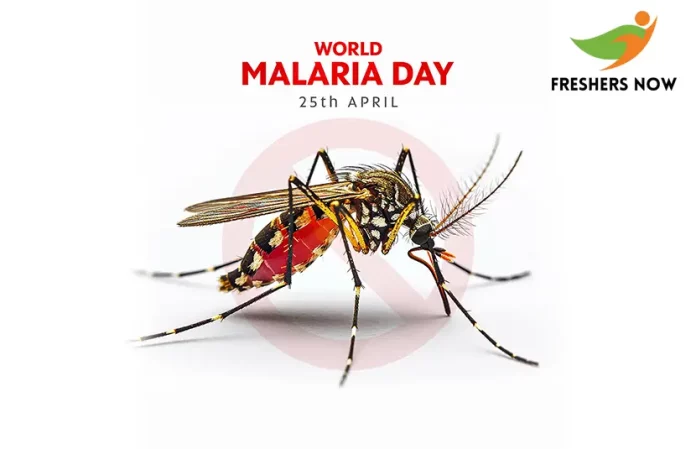
World Malaria Day is marked every year on the 25th April to raise awareness about the global efforts to control malaria and to celebrate the progress made in combating this deadly disease. Malaria remains a significant public health challenge in many parts of the world, particularly in tropical and subtropical regions.
World Malaria Day – What is Malaria?
Malaria is a life-threatening disease caused by parasites that are transmitted to humans through the bites of infected female Anopheles mosquitoes. These parasites, belonging to the Plasmodium genus, have the potential to cause severe illness and, if left untreated, can lead to fatal outcomes.
The Global Impact of Malaria
Malaria continues to be a major global health concern, particularly in low-income countries with limited access to healthcare resources. According to the World Health Organization (WHO), there were an estimated 229 million cases of malaria worldwide in 2019, resulting in approximately 409,000 deaths, with the majority of victims being children under the age of five in sub-Saharan Africa.
The Importance of World Malaria Day
World Malaria Day serves as an important reminder of the need for continued investment in malaria prevention, control, and treatment efforts. It provides an opportunity for governments, organizations, and individuals to come together and renew their commitment to eliminating malaria once and for all.
Key Strategies for Malaria Prevention and Control
Preventing malaria primarily involves reducing exposure to mosquito bites and eliminating mosquito breeding sites. This can be achieved through measures such as the use of insecticide-treated bed nets, indoor residual spraying, and the implementation of larval control measures.
The Role of Treatment in Malaria Control
Prompt and effective treatment is crucial for reducing the morbidity and mortality associated with malaria. Early diagnosis and access to appropriate antimalarial medications can significantly improve outcomes for patients with malaria.
The Importance of Research and Innovation
Investment in research and innovation is essential for developing new tools and strategies to combat malaria. This includes the development of new antimalarial drugs, insecticides, and vaccines, as well as innovative approaches to mosquito control.
Conclusion
On World Malaria Day, let us reaffirm our commitment to ending malaria once and for all. By working together and investing in prevention, control, and treatment efforts, we can create a world free from the burden of malaria and ensure a healthier future for generations to come. Keep following Freshersnow.com for more Current Affairs topics.
| You can Also Check |
| Current Affairs |



